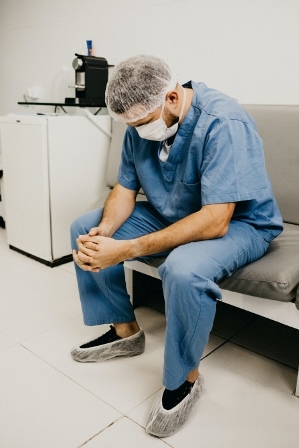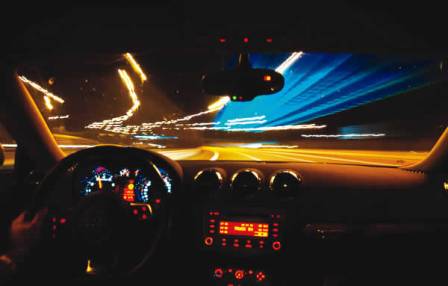By: EUGENE HERBERT
As more Nigerian states move to ease lock-down and business returning to normal, more pressure is placed on essential workers such as nurses, doctors and the like.
Other workforces will also face challenges as more downtime results in retrenchment and possibly longer hours for current employees. As a result, drivers often return in the early hours of the morning and after long shifts, making them more vulnerable to crashes.
If you are one of these individuals, the best way to avoid finding yourself in this position is to avoid driving at all if you can.
If you can, arrange for someone to fetch you or use a ride-sharing facility to get home. Yet, reality dictates that more often than not, this is difficult to do. If you have no choice but to drive yourself, follow these tips to keep yourself safe after working the night shift or a particularly long shift.

- Be aware that you are automatically vulnerable to fatigued driving because your internal clock has been disrupted.
- Learn to recognise the signs of exhaustion that make it extremely dangerous to drive, before you even get behind the wheel: continual yawning and difficulty remembering the last few hours.
- If you are more exhausted at the end of a shift than usual, find another way of getting home.
- Ensure you sleep during the day before a shift. You still need seven to eight hours to function at your best that night.
- Take measures to make your sleep as restful as possible, for example, put your phone on airplane mode.
- Be cautious of how much coffee you drink during your shift. Caffeine is a stimulant but when it starts to wear off, your energy levels will crash as well.
- Use aids like music to stimulate you or maintain concentration but put these on before you leave.
- Avoid overheating the interior of the car.
- Find someone else on your shift who can drive with and who can help you stay alert.
- Do not rush in an attempt to get home faster, rather maintain safe speeds.
- If you struggle with night blindness, visit your local optometrist to see if there are glasses that can help you.
- If you are blinded by oncoming lights use the lines on the roads to re-orientate yourself.
- Keep your windows clean to reduce the effect of glare.
Studies suggest that 18 hours without sleep is equal to a blood alcohol level of 0.05 grams per 100 millilitres.
If you would not get behind the wheel drunk, do not drive while you are tired either. It’s just as dangerous, if not more.
Eugene Herbert is Managing Director of MasterDrive, SA




